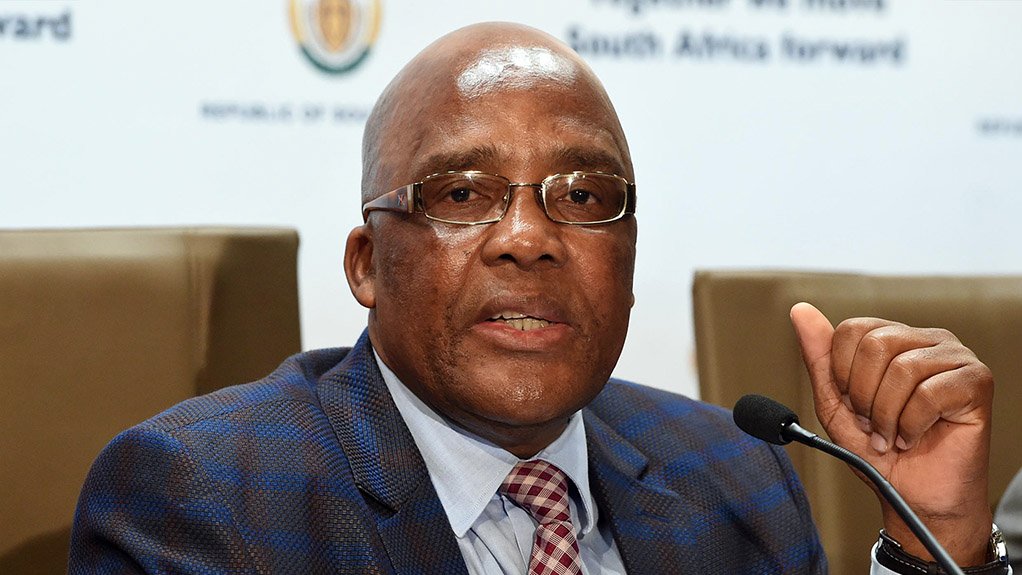South Africa’s new health minister backed a recent law that will lay the groundwork for universal national health insurance, an indication of his party’s resolve to follow through with the controversial programme despite having lost its parliamentary majority.
The National Health Insurance (NHI) Act, which was spearheaded by the African National Congress and signed into law less than two weeks before May 29 elections after years of wrangling, is imperative and must be implemented, Aaron Motsoaledi said in an address to lawmakers on his department’s budget allocation in Cape Town on Thursday.
While some believe South Africa isn’t ready for NHI and others consider it unaffordable, it is in fact “a health-financing system which is meant to be an equaliser between the rich and the poor,” the minister said.
“If you want to see what inequality means, come to the health sector in South Africa,” he said. “We can no longer, with our eyes open, sustain such gross inequality.”
The country’s overburdened public facilities currently serve about 84% of the population, while the remaining 16% who can afford private insurance have access to world-class treatment. The NHI legislation provides a framework for citizens to secure universal access to health care through a centrally managed government fund that buys services from public and private providers. It also bans the private sector from offering cover for treatment available under NHI.
Opponents say it won’t remedy the healthcare system’s shortcomings, is unconstitutional and that the government hasn’t spelled out how much the revamped system will cost or how it will be funded. The Solidarity labour union has filed a lawsuit challenging the validity of the legislation.
Suzan Thembekwayo from the leftist Economic Freedom Fighters said in the debate on the health budget that NHI as currently envisioned would be insufficient to improve health care. As a first step, public clinics should be opened 24 hours a day to assist those that have no other way to access care, she said.
The government must ensure money allocated isn’t misspent or stolen, that bureaucratic processes don’t take precedence over patient care and that when crises in the public health sector occur there is accountability, according to Karl du Pré le Roux from the centrist Democratic Alliance (DA). The party doesn’t support NHI in its current form, he said.
The DA joined an 11-party unity government that President Cyril Ramaphosa forged after the elections failed to produce an outright winner.
EMAIL THIS ARTICLE SAVE THIS ARTICLE
To subscribe email subscriptions@creamermedia.co.za or click here
To advertise email advertising@creamermedia.co.za or click here











